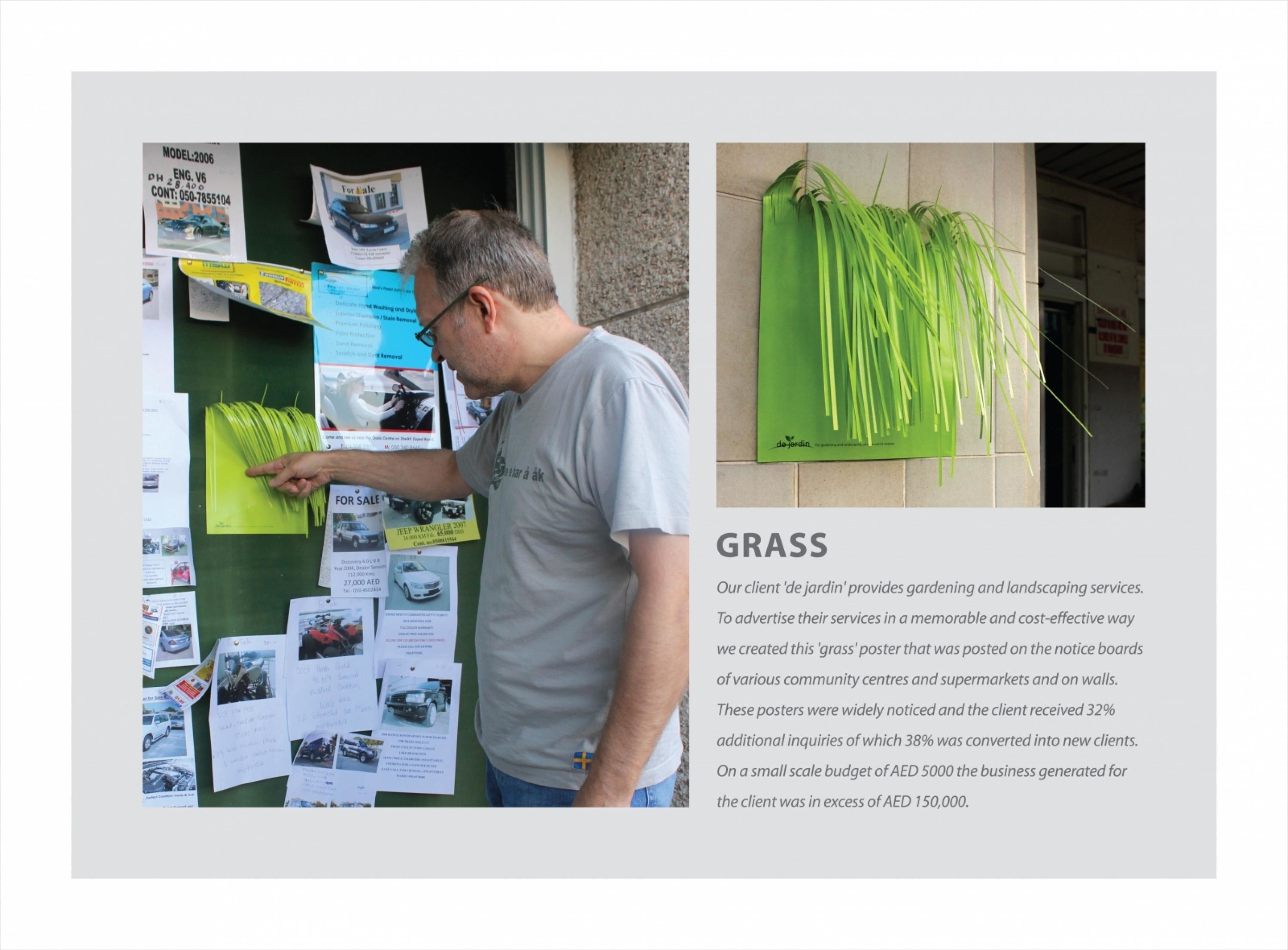Direct > Direct: Sectors
RX PRESCRIPTION STICKERS
THE CLASSIC PARTNERSHIP ADVERTISING, Dubai / DUBAI HEALTH AUTHORITY / 2018
Awards:
Overview
Credits
Overview
CampaignDescription
To address the issue of literacy and to curtail the risk of an overdose, a simple pictorial prescription sticker was devised. It clearly indicated all the key elements that were required. From the number of tablets or the amount of syrup, the frequency and time of consumption and the duration of the course, were all illustrated on a sticker which was pasted by the pharmacist on the medication packaging. Common and basic symbols were utilised to ensure comprehension was absolute.
Execution
Being the regulatory body in the emirate, Dubai Health Authority had the avenue to implement the initiative across all healthcare service providers especially with pharmacies.
Several key pharmacies which were frequented by blue-collared workers were identified to pilot the project. The feedback, response and effectiveness were monitored over a two-month period to accommodate revision and fine-tuning if they were necessary before the unique system became a mandate throughout Dubai. The successful implementation in Dubai will definitely pave way for a national-level launch.
Outcome
• 100% comprehension and ease of use by pharmacists
• 97% comprehension by illiterate blue-collared workers
• 0 reported cases of medication overdose in Dubai
• Introduced to 247 registered pharmacies and government hospitals across Dubai
Relevancy
The work is relevant to the category as it involves the consumer on a one-on-one basis. On top of this, it doesn't just serve as a communication piece but works as a functional tool which engages and interacts with the consumer.
Strategy
Dubai has a blue-collared workforce totaling close to 750,000. Besides being mostly illiterate or with limited literacy, these workers also converse mainly in their native language. Interaction with other residents are generally limited through hand gestures and guessing.
While all workers are provided with healthcare benefits, there is no prescription system developed for those who have trouble reading. Therefore, medications are consumed based on what was informed verbally or through handwritten indications. Printed labels currently used were simply not useful.
The strategy then was to introduce a solution which would eliminate any confusion and was easily understood. The solution had to also be user-friendly, so no misinterpretation would occur when its put in use.
Synopsis
Dubai has a huge number of blue-collared workforce. A vast majority come from rural areas from around the region and from the Asian sub-continent which covers India, Pakistan, Nepal and Bangladesh. Most of these workers are illiterate or have limited literacy and converse only in their native language which limits their comprehension on many things. This includes taking medication. More than often, these workers make a guess on dosage and risk suffering from an overdose. To overcome this, the challenge was to device a system which could work across the different profiles of workers. It had to be simple, cost-effective and above all universal in application.
More Entries from Healthcare in Direct
24 items
More Entries from THE CLASSIC PARTNERSHIP ADVERTISING
24 items


